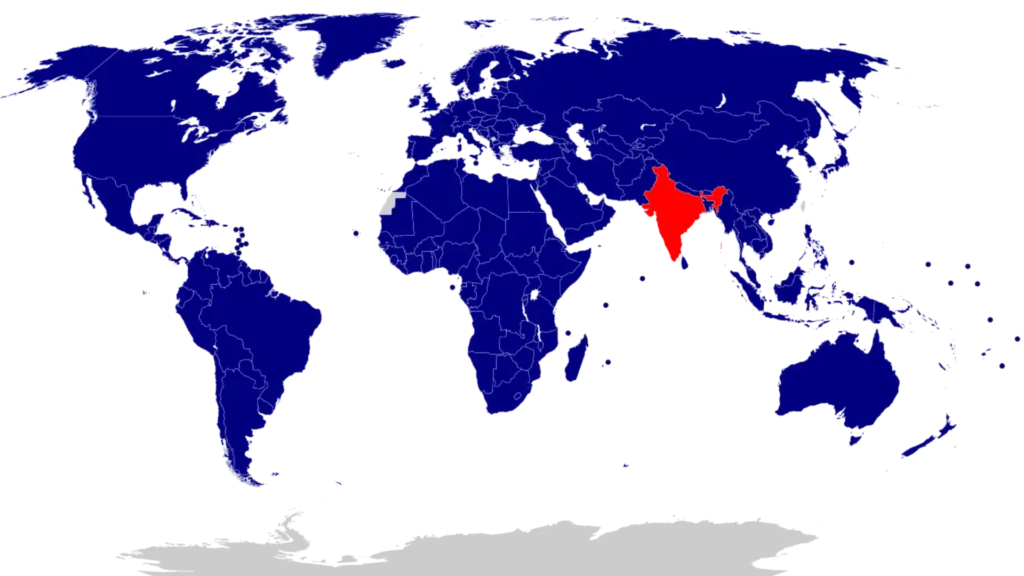India, a strategic key player in global geopolitics, is all set to take the G20 presidency from 1st December 2022 for the next year i.e. till 30th November 2022 with the theme “ Soul of India”. In the new normal world post-Covid 19, under the continuously changing global dynamics, assuming responsibility for the first time will give a chance to India for setting up the course of G20 (an intergovernmental forum of the world’s major developed and developing economies) forward. India needs to take up the major global issues under its presidency, which will not only require fine-tuning of international engagements in terms of economy but also needs to make way for diplomacy over conflicts.
During this tenure, it needs to find a way to balance western polarisation with the autocratic reign of China. The path will be complex but with the vision of shared interest among major global economies, India will need to strike these differences for global economic growth. A clear and easy roadmap to negotiate the existing challenges of inclusive, equitable as well as sustainable solutions for economic growth along with energy security, climate financing, circular economies and many more will be the priority to make a way forward.
At present, the world is facing an unprecedented political and economic turnaround where the countries are looking forward to their security over peace much like Russia- Ukraine Conflict. But, these scenarios, are bringing challenges of rising prices, inflation and food scarcity, among many others and pushing global economies into stagflation.
India having hands-on experience in tackling geopolitical challenges and balancing economic dynamics with two nuclear-capable border countries, will get the opportunity to set the roadmap to balance the geopolitics with national economic growth and development. Now its age-old wisdom will pave the way for the G20 presidency for the next year and lead the world through its clear vision to give priority to peace.
Thus, India being the land of Buddha, can show light on the current unstable and uncertain economic environment by setting the agenda for global financial stability while addressing climate change, debt sustainability, disrupted global supply chains and rising geopolitical rift through cooperative and collaborative actions with common global frameworks.

